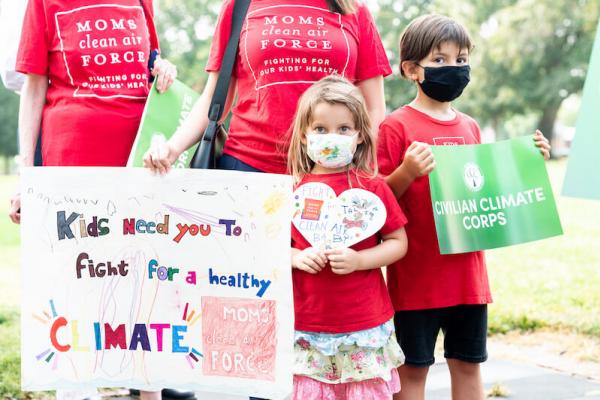May 12, 2023
As a mother and teacher, I spent one year researching 50 women — one from each state in the country — who are working toward climate justice. I documented these stories in the book Love Your Mother: 50 States, 50 Stories, and 50 Women United for Climate Justice. What I found in the South were role models on the frontlines of the climate crisis: From the hurricane zone of the Gulf Coast to the urban center of Atlanta, I discovered women who knew how to use their wit, intelligence, faith, and family to fight for their connection to home and the health of those they love.
Read the Full Article

Already a subscriber? Login
